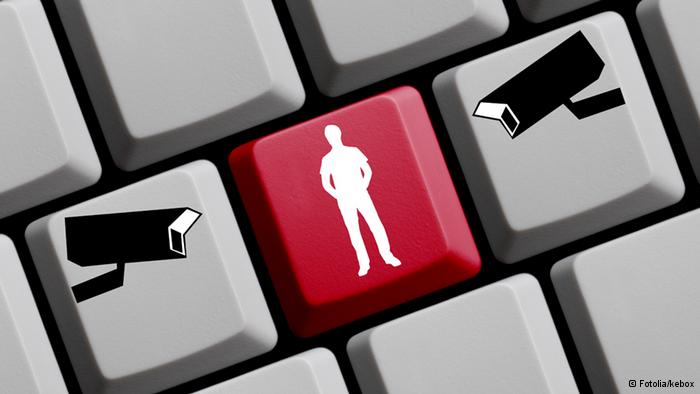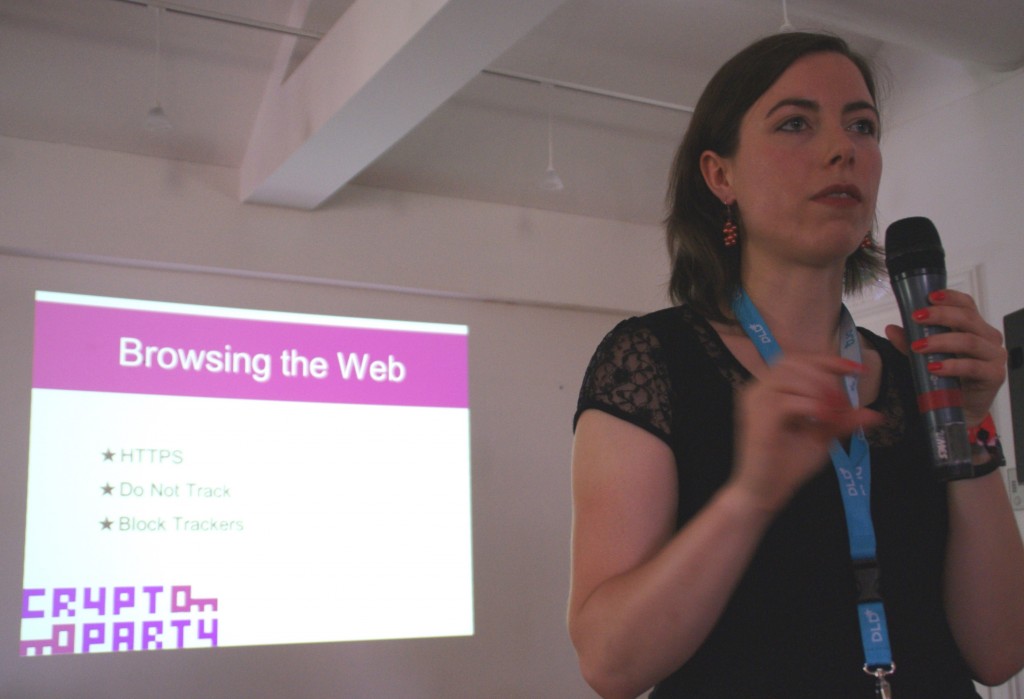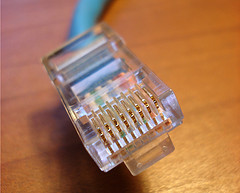Search Results for Tag: surveillance
Secure collaboration among journalists: tips from an expert
 Sebastian Mondial was one of the first journalists entrusted with millions of leaked offshore tax files. Because of the sensitive nature of the information – which involved the secret financial transactions of individuals from corrupt politicians and international arms dealers to millionaires and middle-class professionals – secure communications among those involved in the investigation was of the utmost importance. The ensuing collaboration, involving nearly 100 journalists from 40 countries, was probably the largest in journalism history
Sebastian Mondial was one of the first journalists entrusted with millions of leaked offshore tax files. Because of the sensitive nature of the information – which involved the secret financial transactions of individuals from corrupt politicians and international arms dealers to millionaires and middle-class professionals – secure communications among those involved in the investigation was of the utmost importance. The ensuing collaboration, involving nearly 100 journalists from 40 countries, was probably the largest in journalism history
Mondial was pivotal in setting up the communication channels and ensuring that the information exchange avoided surveillance. In the following guest post for onMedia, he gives some tips on how to protect communications from snooping eyes while still keeping the information flowing.
![]() read more
read more
DW Akademie panel discussion in Berlin: Digital Safety for Journalists
Everything from the very real threats journalists face from internet surveillance, to losing control of personal data through mobile messaging applications were all canvassed at DW Akademie’s Digital Safety for Journalists panel discussion at the ARD-Hauptstadtstudio in Berlin.
Joining DW Akademie’s Holger Hank on the panel were Anne Roth (Tactical Technology Collective), Zahi Alawi (DW Akademie), Malte Spitz (German Greens Party), John Goetz (NDR) and William Echikson (Google).
Along with discussing the need for media organizations to be proactive and train journalists to use encryption and secure digital communications, the data retention policies of governments and technology firms, and how the internet should be controlled were also lively debated.
![]() read more
read more
Get smart about getting hacked!

Watch out! Someone could be spying on you
When hackers broke into AP’s Twitter account earlier in 2013, their fake tweet about Barack Obama being injured in an explosion at the White House caused the US stock market to plunge. Just before the Twitter account was hacked, AP staffers had received an email asking them to click on a link that supposedly went to a Washington Post article.
Although it looked legitimate, the email was actually a phishing attack (view the email here). The fraudulent link redirected the recipients to a bogus site where they were asked for their login credentials. At least one person fell for the phishing email and gave the hackers, the Syrian Electronic Army, the password they needed to tweet in AP’s name.

In this case, the incident proved more embarrassing than damaging – the tweet was corrected immediately and the stock market recovered within minutes.
But falling for a phishing attack can have much more serious repercussions.
![]() read more
read more
Journalism under surveillance
Are you using any encryption tools or doing anything to protect your files, email and contacts on your computer or mobile phone?
As we find out more about the internet surveillance activities of the US National Security Agency, it’s clear that journalists and media organisations are among the targets of intelligence gathering agencies.
“Encrypt everything.”
That was one of the take home messages of Hauke Gierow’s talk on journalism and surveillance at this week’s Social Media Week Berlin.
![]() read more
read more
Who gathers your data and what you can do about it?
 The revelations of the surveillance program of the US National Security Agency (NSA) has shown that no one is protected from being spied upon. Diplomats, political activists, as well as journalists around the world, are becoming increasingly vulnerable to online surveillance. Anne Roth is a researcher for the NGO Tactical Technology Collective that trains rights advocates how to use information and communications technologies.
The revelations of the surveillance program of the US National Security Agency (NSA) has shown that no one is protected from being spied upon. Diplomats, political activists, as well as journalists around the world, are becoming increasingly vulnerable to online surveillance. Anne Roth is a researcher for the NGO Tactical Technology Collective that trains rights advocates how to use information and communications technologies.
DW Akademie’s Natalia Karbasova spoke to Roth about the biggest risks journalists face online, and about the parties interested in gathering all relevant and irrelevant information: from local authorities to national secret services.
![]() read more
read more
Digital security: The basics to keep you safe online
 The revelations into the electronic surveillance activities of the US National Security Agency and its Prism system have shown that no one is safe from being spied on. However, journalists can still use some clever tools and open source programs to ensure more security browsing the web, sending emails and communicating with colleagues and sources.
The revelations into the electronic surveillance activities of the US National Security Agency and its Prism system have shown that no one is safe from being spied on. However, journalists can still use some clever tools and open source programs to ensure more security browsing the web, sending emails and communicating with colleagues and sources.
Sandra Mamitzsch of re:publica, Germany’s largest conference on internet and society, offered useful insights on how to start securing your data during her workshop How to keep the NSA out of your Email – a Practical Guide to more Security for your Data at the DLDWomen conference.
“Everything you do online is only as secure as your passwords and your software” says Sandra Mamitzsch. “So use open source wherever possible.”
Here are her best tips:
![]() read more
read more





Feedback